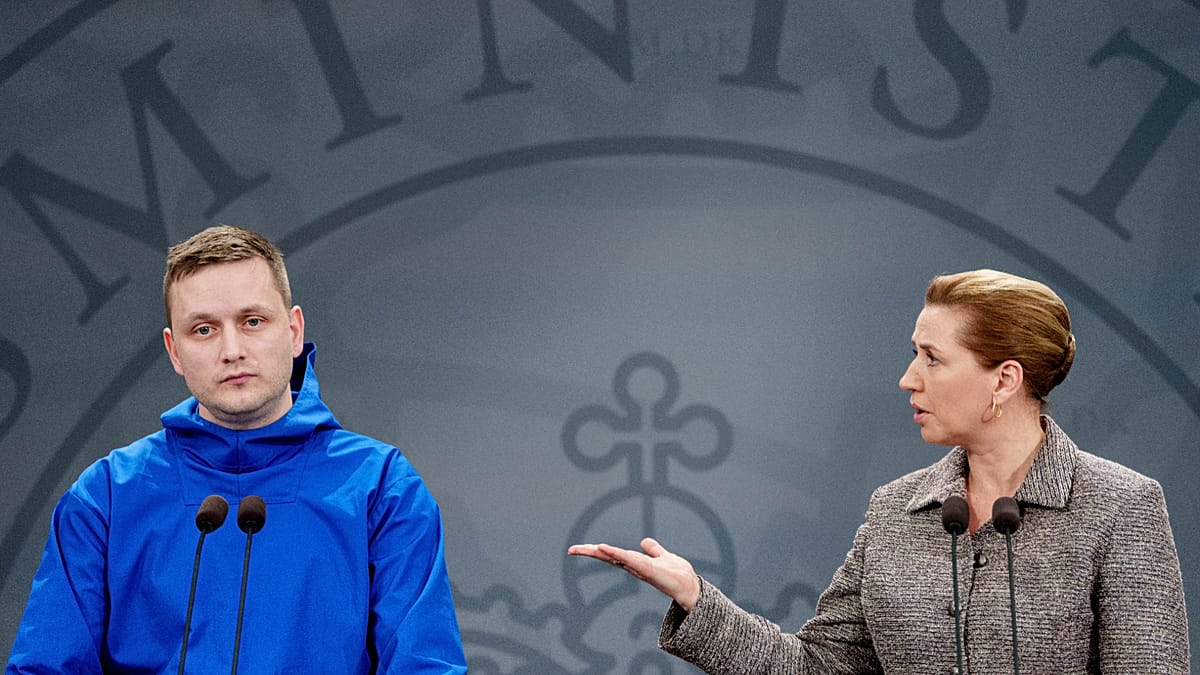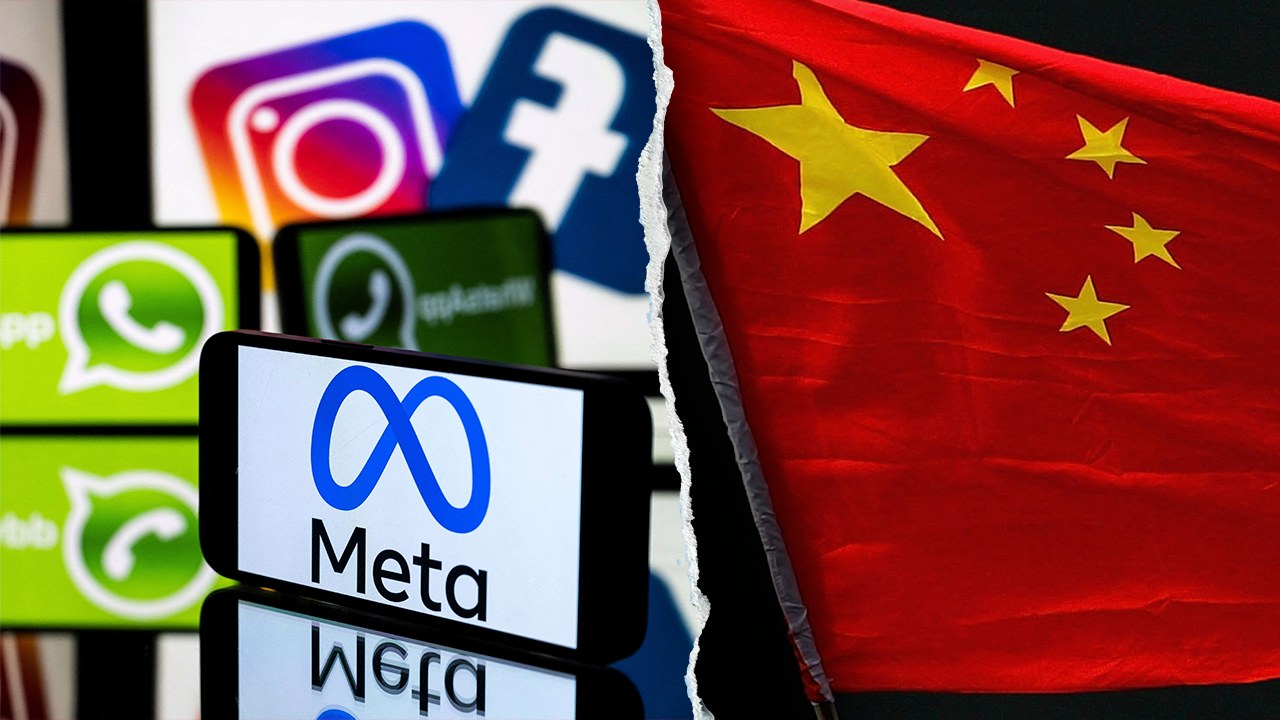From Negotiation to Negotiation: What Strategy Does Ukrainian Business Choose in Times of Crisis?
By Viktor Andrukhiv, Co-founder of Fibermix, Savex Minerals and PACK FOR BUSINESS
From Negotiation to Negotiation: What Strategy Does Ukrainian Business Choose in Times of Crisis?
For Ukraine, political negotiations are part of economic reality. Each meeting in Brussels or Washington can shift exchange rates, disrupt logistics, and influence investor sentiment. Businesses live in anticipation of the next headline—while having no right to pause.
Ukrainian entrepreneurs have long been accustomed to the word “uncertainty.” At first, it meant changes once a year, then once a month. Today—it’s every single day. This has become the norm.
There are three classic behavioral strategies for an individual in crisis, and modern business mirrors them. The first is “freeze”: cut investments, delay contracts, wait it out. The second is “fight”: invest in new products, seize the moment while competitors are on pause. The third is “flight”: relocate production, save the team, shift to other markets. Sometimes all three modes must be lived through within a single month.
How Ukrainian business reacts under uncertainty
1. Planning in manual mode.
Building three- or five-year strategies is no longer possible. Everything works in “manual mode.” If I see potential, I invest. If it’s doubtful, I decline without delay. This is the new discipline: speed and flexibility instead of endless meetings and long spreadsheets.
2. Currency risks hedged with raw materials.
In our reality, money in bank accounts doesn’t guarantee stability. That’s why I recommend converting received currency into raw materials. Polymers, metals, grain—anything with an international price becomes a natural safe for business. This way we lock in risks and ensure production continuity.
3. Customer trust as a competitive edge.
In crisis, a contract isn’t bought on price alone. Trust is sometimes more valuable than a discount. We stay close to clients: offering payment deferrals, delivering orders in record time, adding support. This care sustains partnerships even when competitors undercut.
Recently, new uncertified players tried to lure a dozen of our clients with lower prices. All of them refused—and even warned us about the competitor.
4. International contracts with a cool head.
Local deals I sign quickly if I’m confident in resources. But large international commitments require another approach. Logistics, currency, politics must be considered. If risks make fulfillment impossible, it’s better to pause until conditions stabilize.
5. Export as a survival strategy.
For Ukrainian companies, export is less about ambition and more about survival. When the domestic market shrinks due to war, disrupted logistics, or falling demand, foreign orders provide cash-flow stability.
We already operate in 17 countries and see: entering new markets is not only about revenue. It’s access to hard currency, protection from local risks, and new quality standards. Each new contract brings not only sales but also a reputation for reliability—even under extraordinary conditions.In this sense, export is no longer a luxury but a plan B that already works today. Companies that go global insure themselves against domestic turbulence while opening Ukraine’s path into the global economy.
6. Team as the priority.
Because of the talent crisis, many companies choose not to relocate. Equipment can be moved. But relocating an entire team with families is far harder. That’s why mid-sized businesses often stay despite the risk of shelling. Specialists trained for years are the main capital. It’s easier to restore equipment than rebuild a team from scratch.
Today, Ukrainian business pays a high price for adaptation. Constant uncertainty forces entrepreneurs to abandon long horizons and live in short cycles. Yet this adaptability has become our competitive advantage. Where others take years to adjust, Ukrainians have learned to react daily. And this very ability could make us stronger in the global economy after the war.
The post From Negotiation to Negotiation: What Strategy Does Ukrainian Business Choose in Times of Crisis? appeared first on EU Business News.














































